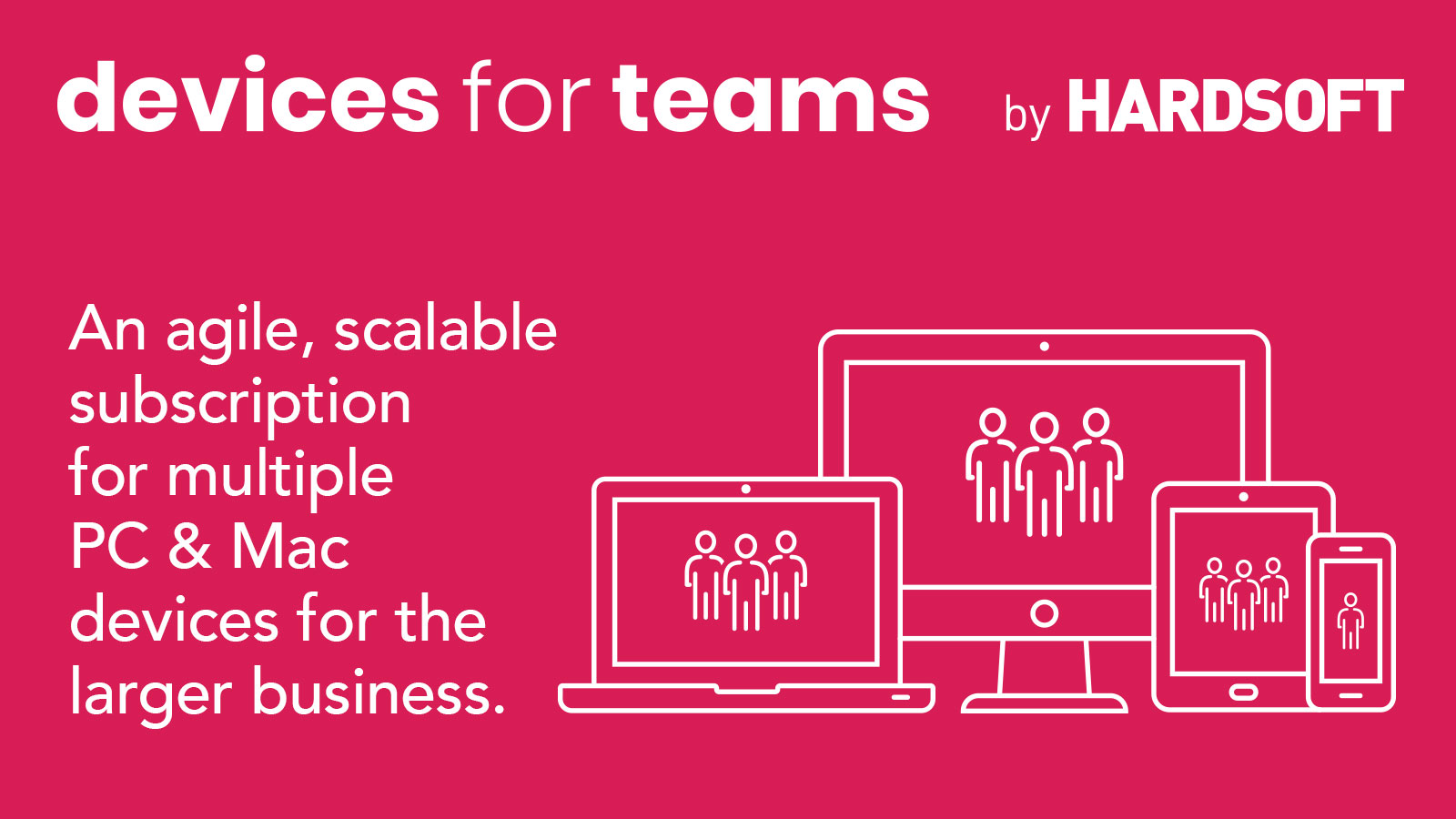This year, we’re welcoming back independent research agency Mustard to compile the list. Mustard will use the run-in to the Tech Dinner to finalise the list of the region’s most influential tech organisations, and Tech Dinner guests can see who’s made the list.
The event, taking place at the wonderful Manchester Hall on Thursday, November 14th, is sponsored by Hardsoft and there will be a guest speaker for the event, similar to previous dinners which featured the Citypress CEO and the Founder of Finn Communications.
As part of the evening, Prolific North Editor David Prior will be hosting a Q&A session with Alexi to share some of her tech industry knowledge with the room.
GBG’s purpose is to create trust between businesses and their consumers. They use technology and breadth of data to give unique insights on consumers to help businesses to grow, meet compliance requirements and mitigate fraud.
Alexi’s role at GBG as CIO Change Director is primarily concerned with driving their technology strategy and leading the implementation program. Described as 50% Chief of Staff, 50% Chief of Technology Operations; she supports the Chief Information Officer in steering the GBG Technology organisation through a change transformation program.
We sat down with Alexi ahead of her appearance at the dinner to find out a bit more about the data landscape and what she’s been doing at GBG…
For those that don’t know, tell me about the exciting things that you’ve been doing this year at GBG?
We’ve been developing our machine learning algorithms within our fraud products to help make faster and more accurate decisions.
As we are increasingly seeing the link between cyber-attacks and fraud in financial services, we’ve chosen merge our cyber and fraud divisions.
We’ve also changed how we develop products by moving towards design thinking, working with customers and UX approach to identify how we solve customer problems. We’ve also prioritised time for experiments, joining up current products in new ways and testing applications of technologies like Blockchain with customers.
What are some of the biggest challenges facing companies who handle data at the moment?
The number one concern at the moment is the complexity of the privacy landscape – particularly for us because we access data from so many different countries, each with a different privacy landscape.
We have to handle customers being located in one country, and data is located in the country of our partners. This is where tech has to be really clever, having multiple hosting locations and containerised cloud environments.
Another challenge is the new types of data (behavioural, digital and biometric data) and the technology to interrogate them is moving quicker than the regulators.
As an industry, we need to do a better job of educating the market. People have been spooked by high profile breaches and cases of misuse but don’t understand (and don’t want to spend too much time researching to understand) how the modern digital world only functions because of data.
What are some of the key developments in the digital data space over the last few years and why do they matter?
Mobile has driven the biggest change. It’s resulted in digital economy growing; change in demographic interacting online; demand for a totally different user experience; and creating new types of data that are fuelling the economy. Internet of things will be next….
There are concerns over national data and security if we leave the EU. Can you shed some light on what this means for individuals and businesses?
If we leave the EU we are no longer covered by GDPR. This doesn’t mean the UK doesn’t have a law, as our privacy law is the Data Protection Act which has been tailored to meet the needs of GDPR.
It does have an impact on our cross border data transfers within Europe however. As we would have to go through the process of “Adequacy” and this could take some time.
In the meantime for companies who transfer data across Europe, there will be a need to include modal clauses to facilitate it.
Some ask whether it will make it easier for UK businesses because we don’t have to be subject to GDP? Unfortunately not. It is very unlikely that our laws will lessen in any way. And across the globe, not just Europe, there is a trend for stricter data protection regulations and security of personal data – so we all just need to get on board!
Tickets to the event include a drink on arrival, three-course meal, and half bottle of wine with dinner. Tickets cost £85 + vat.
Visit the event page on Eventbrite to buy a ticket to the Tech Dinner.













